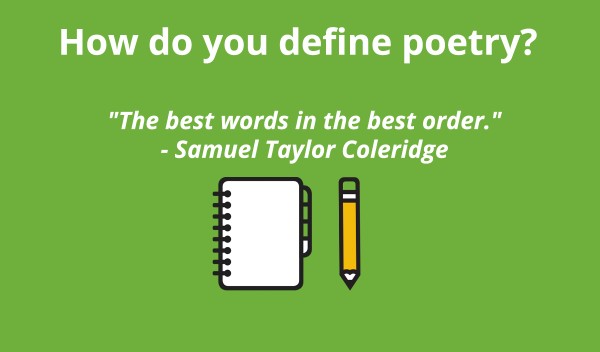Today’s guest blog celebrates World Poetry Day and is written by NEC tutor Tracey Jones.
World Poetry Day is a celebration of poetry in all its forms. Started by the United Nations in 1999 as a way to encourage people to write, read and teach poetry, World Poetry Day has inspired thousands of people who had never previously thought to put pen to paper, to start writing and engage with poetry.
Poetry is viewed by some people as an outdated form of art, but it isn’t. Poetry is still going strong around the world, with many people writing and sharing their work.
In the UK, a Poet Laureate has written poems on important national occasions for the reigning monarch since 1668. The UK is not the only country to have a poet laureate, many other countries do too. In 1999, in the UK, the Children’s Laureate was also appointed. The current holder, Lauren Child, uses her role to promote an interest in reading and writing for children. Organisations such as the National Literacy Trust also work with schools and communities to help disadvantaged children gain the literacy skills they need to succeed.
Nationally appointed positions such as the Poet and Children’s Laureate demonstrate that poetry and literature is still valued as an important part of our culture and heritage.
Recently we have also seen a resurgence in poetry with performance poets such as Kate Tempest featuring in the charts and on television.
What is a poem?
There is no real answer here. Different people have different ideas of what a poem is, but I particularly like these two definitions from Robert Frost and Samuel Taylor Coleridge.
“A poem begins with a lump in the throat, a home-sickness or a love-sickness. It is a reaching-out toward expression; an effort to find fulfillment. A complete poem is one where the emotion has found its thought and the thought has found the words.”
– Robert Frost“The best words in the best order.”
– Samuel Taylor Coleridge
To me, a poem is a song that is spoken rather than sung. How many of us wish we could write beautiful songs? Writing a poem enables us to do that, just without the music. We can create beautiful, thoughtful words, rhymes, thoughts and feelings using poetry.
Why is poetry so important?
World Poetry Day encourages us to read the work of others and also to listen to the poetry of others. It encourages us to listen to the words and languages of other people and other cultures.
Reading poetry can make us laugh, it can make us cry, it can make us angry, it can make us think.
Writing poetry can do just the same. It can make us sad, writing about an event or loss in our life. It can make us happy, thinking about something good that has happened to us. We might want to write humorous poems about the world around us. Writing or reading poetry can help us to think more about other human beings and ourselves.
Don’t think poetry is outdated. If you are interested in writing or already a keen writer, why not try writing some poetry.
Poetry doesn’t have to rhyme.
It doesn’t have to have a set number of words or lines.
It doesn’t have to follow any rules at all, so why not give it a go?
If you are interested in learning more about poetry you may be interested in our GCSE and A level English Literature courses.


Add a new comment
Current comments: 0